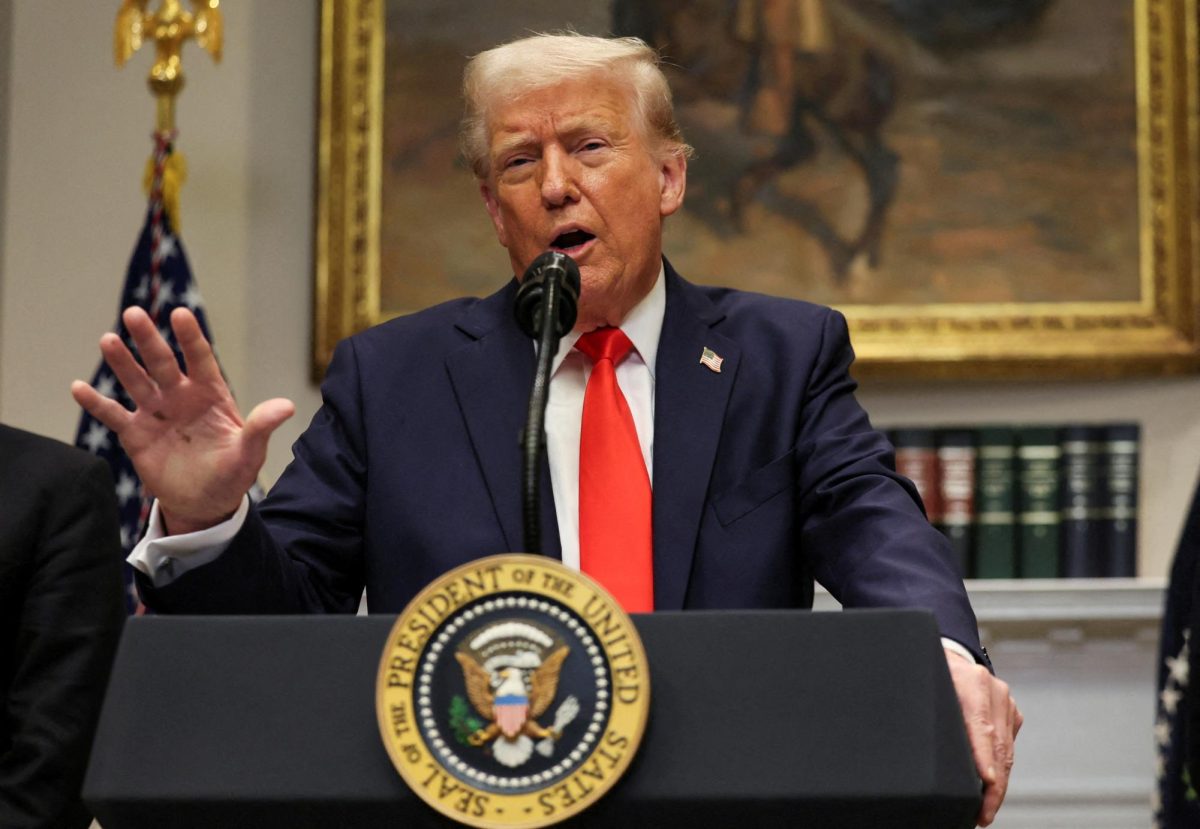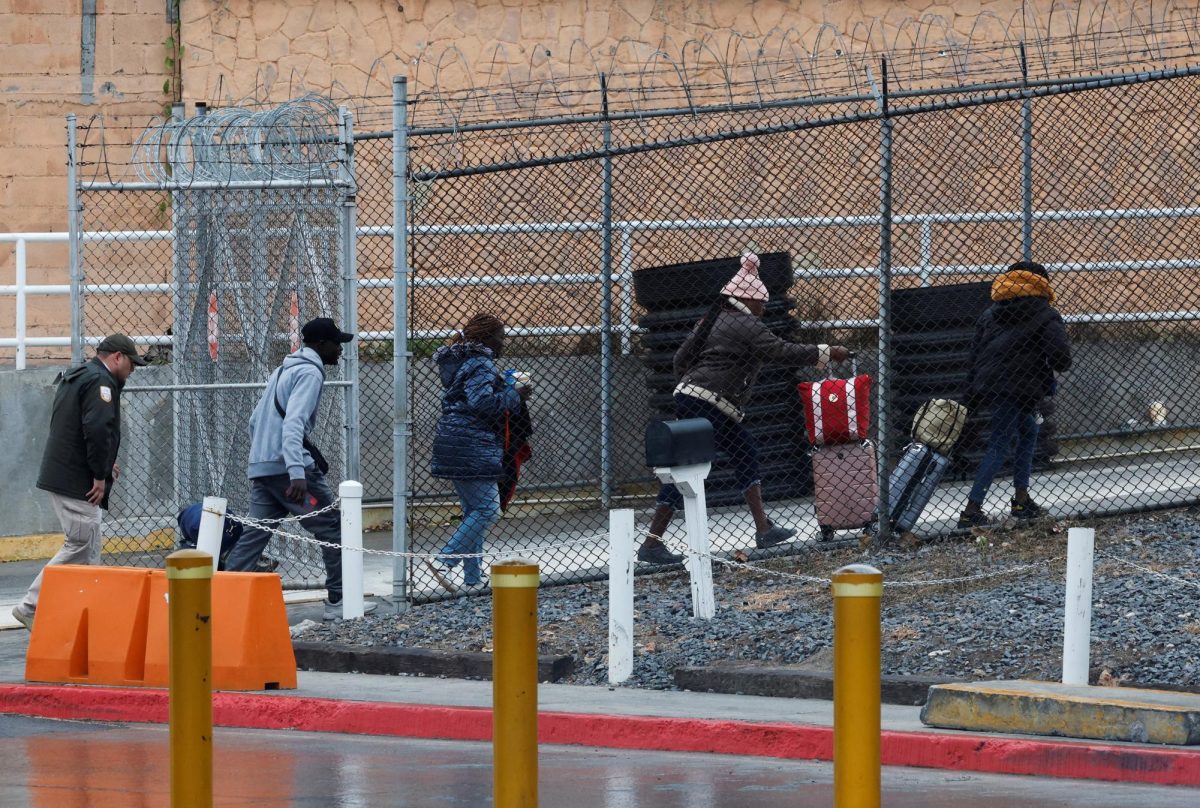What issues matter to you the most in this election? Why?
There’s a variety. I think the one that I keep coming back to is education, and what policies the candidates have for the future of our young people, and what education looks like, both at pre-K, elementary and especially the high school and even the collegiate level.
How do those issues connect to your life and the lives of those you care about?
As a public servant—a public employee, I think public education and the policies around public education not only affect me, but they affect the people in this country [who] don’t get a vote. I think how we treat our young people is incredibly important, and how we can prepare them for their success.
When did you first start caring about these issues? Was there an event that happened or a conversation you had that piqued your interest?
I began caring about them as a student. So, when I was in high school, [to when I could] legally vote, and then, again, as a public employee, it’s one of those things that I always try to tune in on is, what are our candidates saying about education?
If you could take a class on one or more of these issues or dig deeper through your own research, what else would you want to know? What questions would you want answered?
Public policy on education is so fascinating to me. I think not only would I want to know how we get into this moment in time with the Department of Education, but I would also want to know what are the leading researchers saying about where education could be forecasted out in the future? Like, not only with public policy but also with changes in our approach, funding, technology, all the above.
Would you say you pay close attention to the big administrations that lead these sorts of advancements in education?
I would like to think so, you know. I probably pay more attention to the day-to-day, week-to-week, or month-to-month public policy items in a broader scope. But I do try to stay on top of what’s happening in the Department of Education and state-level education as best as possible.
What issues do other young people around you seem to be concerned with, whether you agree with them or not? In other words, when your friends and classmates are discussing something politics-related, what’s the conversation usually about?
I think oftentimes we’re reticent to have conversations about that. Part of it is because we want to be respectful of other people, and part of it is just because of the current state of where we are politically. At the high school, when I’ve had conversations where [we are] going with our educational policy, ‘What is school going to look like for students in the next five to 10 years?’ is something that we’ve had conversations about. It shouldn’t stay the same, right? Schooling in 10 years should not be the same as what it looks like right now. So how are we advancing in that?
Do you think people your age can affect meaningful change regarding these issues? Why or why not? Have you ever taken any steps to try to address these problems?
Student voice is one of the most important voices when it comes to education. Now it’s tough, right? Because you have your “day job” of going to class and making sure that you’re doing all the things that high schoolers should do, but students’ voice is incredibly important, because they are the ones that are not only living education, but they are speaking up for those that are younger than them, right? So I do think that they can have a voice and have meaningful change.
Have you been following the presidential race? Do you know where the two candidates, former President Donald J. Trump and Vice President Kamala Harris, stand on your issues? Which candidate, if either, do you think will make positive changes to the things you care about? Why?
I have been following. I think both candidates have stances on education, and I would encourage people either reading or listening to the article to engage with what they see, explore for their own what those policies are so they can make their own informed decisions.
Are there other candidates for local, state or federal offices who have the power to make positive change about the issues that matter most to you? Who are they, and why do you hope they are elected?
I would encourage the youth to dive in, there’s tons of literature, obviously, it’s all in the news right now as we head to the November election. So I would encourage people to do their own research and kind of figure out where they want to stand with those issues.
Do you think young voters will be energized by the 2024 election? Do you predict that they will be motivated to vote this year? Why or why not?
I can only speak from my perspective. When I turned 18 there wasn’t as big of an emphasis on people doing their civic duty as there is now. I think there is a higher push, there is a higher calling, there is a higher motivation for young people to to amplify and use their voice through voting as best as possible. I’m hoping that they’re energized to speak up for the causes, decisions, and candidates, who they believe in. I’m hoping that they will be motivated to not only get out themselves if they can [but] to encourage people younger to vote when they can and also to get people out who maybe haven’t voted to really speak up for themselves and what they want as well.













